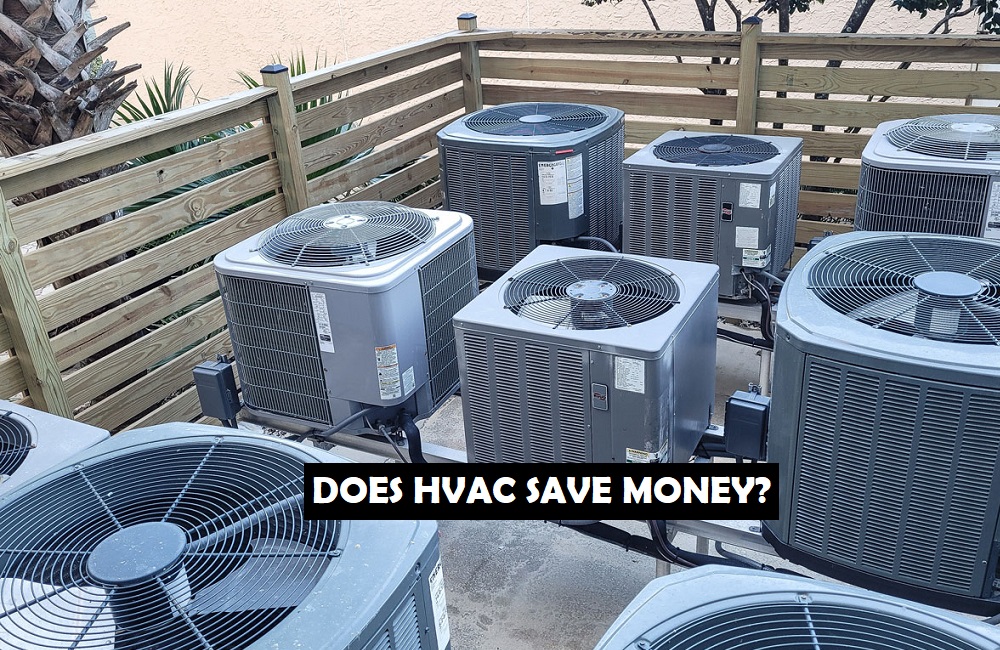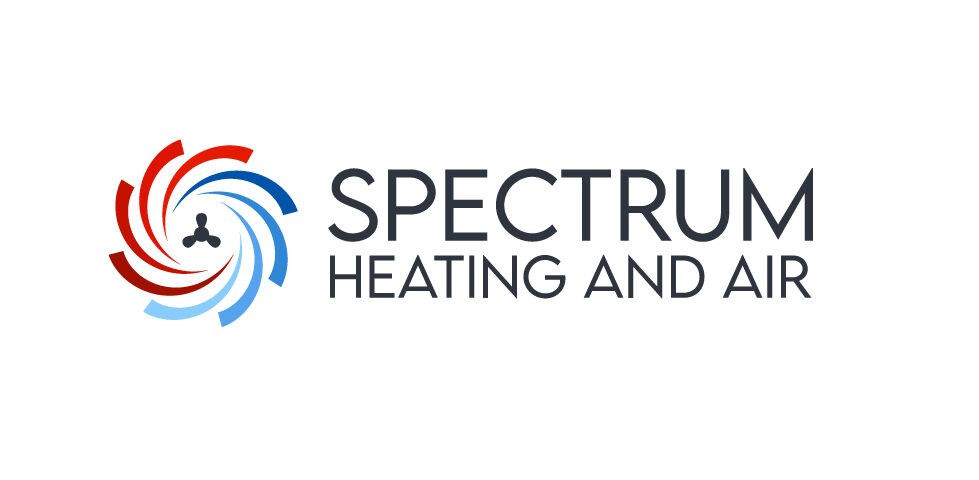In the modern world, where comfort is highly valued, Heating, Ventilation, and Air Conditioning (HVAC) systems have become a necessity in both residential and commercial spaces. But beyond providing a comfortable environment, many wonder if HVAC systems can actually save money in the long run. In this article, we will delve into the details of HVAC systems, their impact on energy efficiency, and whether they can truly save you money.

The Relationship Between HVAC and Energy Efficiency
HVAC and Energy Consumption
The energy consumption of HVAC systems is a significant consideration when assessing their cost-effectiveness. Energy-efficient HVAC systems can lead to substantial savings on utility bills over time.
Energy-saving Features in HVAC Systems
Modern HVAC systems come with various energy-saving features, such as programmable thermostats, which allow users to set temperature schedules based on occupancy. Additionally, some units have advanced sensors that adjust output according to the room’s conditions.
The Cost of HVAC Installation
Initial Investment
One of the primary concerns for individuals considering HVAC systems is the initial installation cost. While it’s true that installing HVAC systems can be a substantial investment, it’s essential to look at the long-term benefits.
Long-term Savings
Although the upfront costs may seem daunting, the potential long-term savings from energy efficiency and reduced maintenance expenses make HVAC systems a cost-effective choice in the long run.
Factors Influencing HVAC Efficiency
System Size and Capacity
Choosing the right-sized HVAC system is crucial for efficiency. An oversized system may consume more energy and fail to maintain consistent temperatures, while an undersized system would strain to meet the heating or cooling demands.
Regular Maintenance and Cleaning
Regular maintenance, including filter replacement and system cleaning, is essential for keeping HVAC systems running optimally and efficiently.
Insulation and Weatherization
Proper insulation and weatherization of the building can significantly impact HVAC efficiency. Well-insulated spaces retain conditioned air better, reducing the workload on the HVAC system.
Smart HVAC Technology
Programmable Thermostats
Programmable thermostats allow users to adjust temperatures automatically, leading to energy savings when heating or cooling is unnecessary.
Zone Heating and Cooling
Zone heating and cooling systems allow different areas of a building to be heated or cooled independently, saving energy in unused spaces.
Remote Access and Monitoring
Smart HVAC systems can be controlled remotely through smartphones, enabling users to adjust settings even when away from home, avoiding unnecessary energy consumption.
HVAC and Indoor Air Quality
Importance of Good Indoor Air Quality
Indoor air quality directly affects the health and comfort of occupants. HVAC systems play a vital role in maintaining a healthy indoor environment by filtering and circulating clean air.
HVAC’s Impact on Air Quality
Regular maintenance of HVAC systems ensures that filters are clean and functioning correctly, improving indoor air quality.
Government Incentives and Rebates
Tax Credits for Energy-efficient HVAC Systems
To encourage energy efficiency, governments often offer tax credits for the installation of energy-efficient HVAC systems.
Local Utility Rebates
Many utility companies provide rebates or incentives for customers who install energy-efficient HVAC systems, further offsetting the initial costs.
The Environmental Impact of HVAC Systems
Reducing Carbon Footprint
Energy-efficient HVAC systems help reduce greenhouse gas emissions, contributing to a more sustainable environment.
Using Eco-friendly Refrigerants
The choice of refrigerants used in HVAC systems can significantly impact their environmental footprint. Opting for eco-friendly refrigerants minimizes harmful effects on the ozone layer and global warming potential.
Tips for Maximizing HVAC Efficiency
Setting Optimal Temperatures
Setting appropriate temperatures can optimize energy consumption without compromising comfort.
Proper Use of Ceiling Fans
Ceiling fans can supplement HVAC systems by promoting air circulation and enhancing the effectiveness of heating and cooling.
Closing Curtains and Blinds
Keeping curtains and blinds closed during hot days helps reduce heat gain, easing the workload on the HVAC system.
Common HVAC Myths Debunked
Closing Vents to Save Energy
Contrary to popular belief, closing vents in unused rooms can disrupt the HVAC system’s balance and lead to inefficiencies.
Leaving the HVAC Running All Day
Leaving the HVAC system on all day, even when no one is home, is wasteful and unnecessary. Utilizing programmable thermostats is a better approach.
In conclusion, HVAC systems can indeed save money in the long run when properly chosen, installed, and maintained. Energy-efficient models, coupled with smart technology and a focus on indoor air quality, can significantly impact utility bills while contributing to a greener environment. Investing in an HVAC system that meets your needs and aligns with energy-saving practices is a step towards a more comfortable and cost-effective future.




